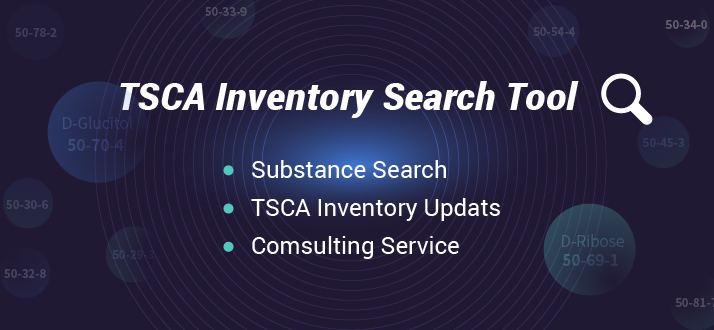New MEP Rules on the Import of Waste Plastics for Four Types of Processing Companies
The four company types are:
- Manufacturers of chemical fiber fabrics who use PET as raw materials;
- Manufacturers of plastic products (including other companies using waste plastics as raw materials);
- Companies of recycled plastic aggregates (excluding manufacturers of recycled PET flakes);
- Manufacturers of recycled PET flakes with annual turnover within the same processing workplace or facility reaching no less than 30,000 tons (only limited to applicants who import PET waste and scrap).
Yet the following processing and recycling enterprises are not included: manufacturers of ultrathin plastic shopping bag of less than 0.025 mm thick and ultrathin plastic bag of less than 0.015 mm thick, and manufacturers of plastic products that have direct contact with pharmaceuticals, beverages, food and food additives.
The “waste plastics” indicated in the new MEP rules refer exclusively to the fifth category of commodities specified in the 2009 revised Catalogue of Solid Wastes that can be Imported with Restrictions as Raw Materials to China — “plastic waste and scrap”. Detailed sub-division can be seen as follows:
| Chinese HS code | Commodity name | Applied GB standards for environmental protection |
| 3915100000 | Polyvinyl waste and scrap | GB 16487.12 |
| 3915200000 | Styrene polymer waste and scrap | GB 16487.12 |
| 3915300000 | Vinyl chloride polymer waste and scrap | GB 16487.12 |
| 3915901000 | Polyethylene terephthalate (PET) waste and scrap | GB 16487.12 |
| 3915909000 | Other plastic waste and scrap | GB 16487.12 |
China has set up in 2011 a comprehensive permit & license system to regulate the importing activities of solid wastes by domestic companies as raw materials. On 1 Aug 2011, the MEP Order 12, Administrative Measures for the Import of Solid Wastes, was put into effect, announcing that it is prohibited for domestic companies to import commodities listed as “solid wastes prohibited from import” and that the importer of commodities listed as “solid wastes subject to restrictive import” or “solid wastes allowed for free import” must apply for a corresponding permit for imported solid waste.
Lists of the three typical solid wastes had been amended in 2009 and have been in force since then. They are:
- Catalogue of solid waste goods prohibited from import;
- Catalogue of solid waste goods subject to restrictive import;
- Catalogue of solid waste goods allowed for free import (which means this type of commodities can be grant automatic permit for the import).
With regard to the new MEP rules, processing and recycling enterprises which import waste plastics need to comply with a series of environmental protection regulations and standards promulgated, including legislations on the management of solid waste and waste plastics recycling, the recommended industry code on waste plastic recycling technical requirements, HJ/T 364-2007, justifications that the applicant has no record of non-conforming acts within the past two years nor any environment polluting acts within the past one year, and etc.
Please be noted that this article originates from the Chemlinked, for more information you may visit www.chemlinked.com.
